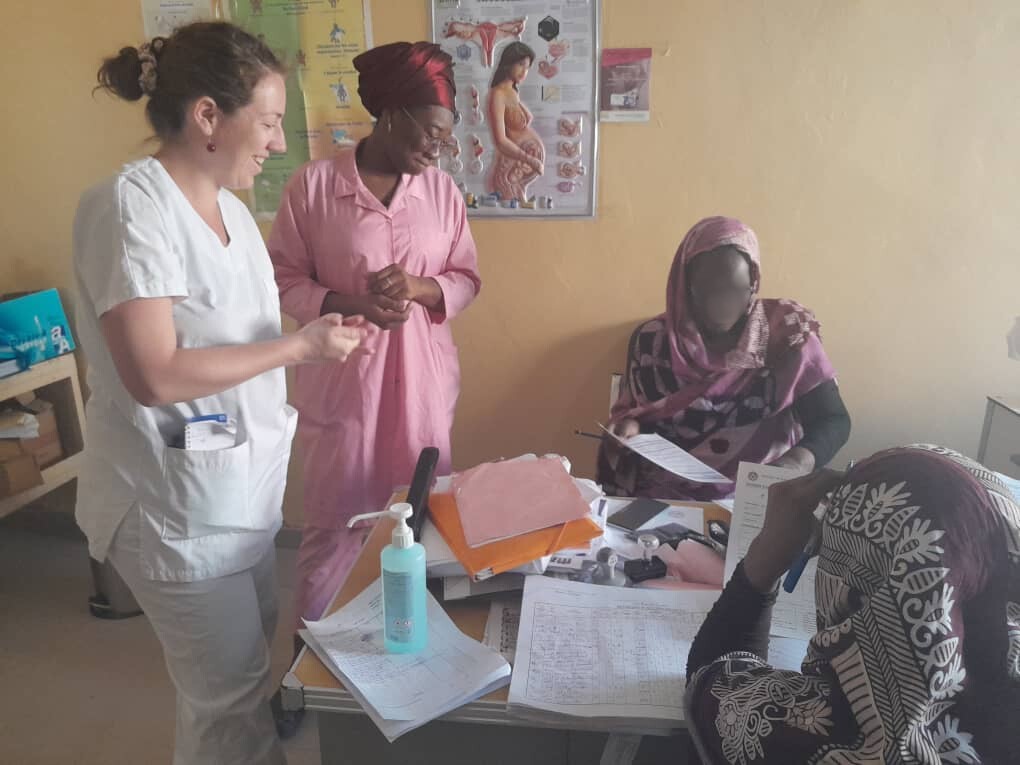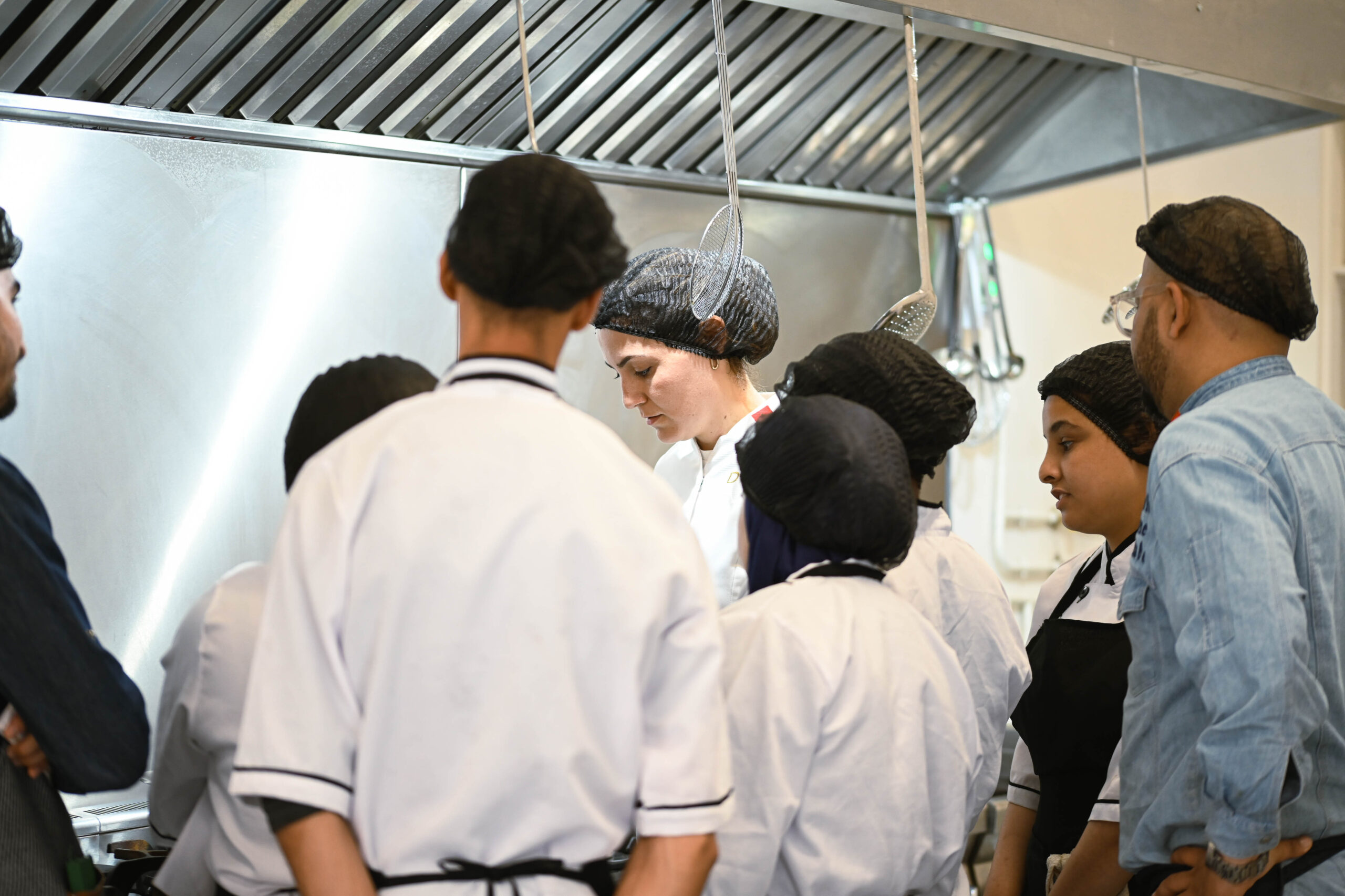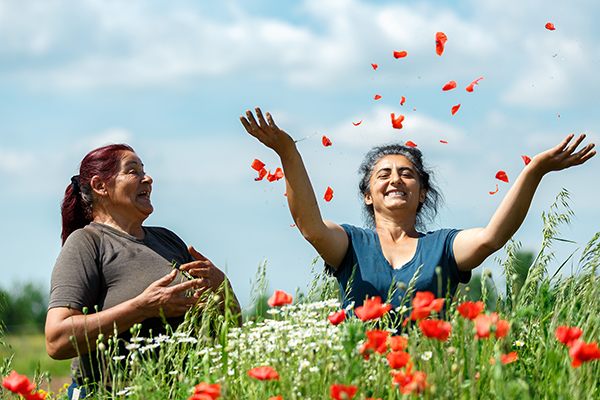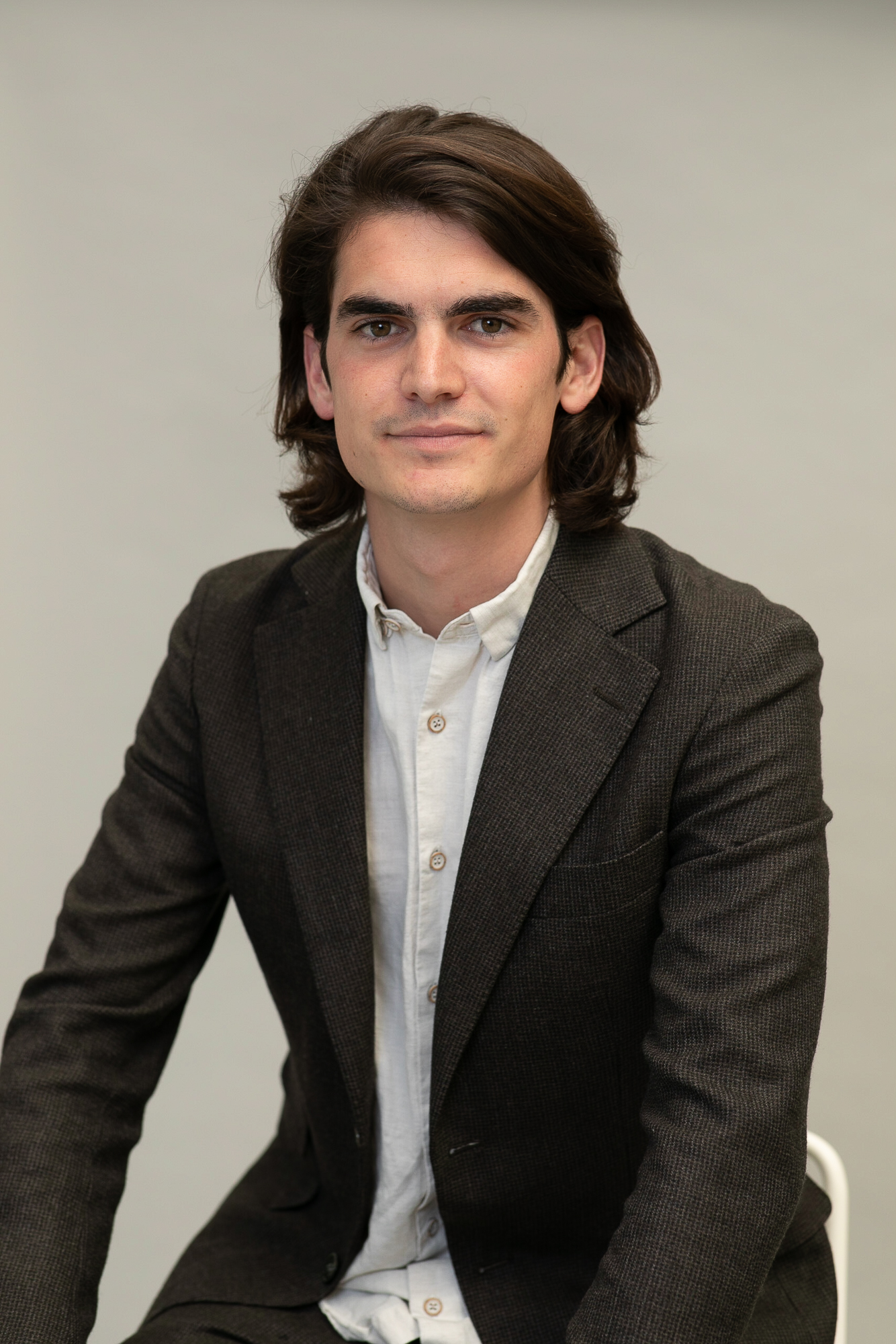What were the objectives of your mission ?
This five-week mission had several goals : to improve the midwives’ skills at Teyarett Health Centre in giving quality care before and during childbirth, to encourage gentle childbirth management while avoiding invasive techniques, to enhance the abilities of the head midwife and leadership teams in supervision and organisation, and to reinforce the ongoing knowledge and support provided by the regional care organisation and quality manager, especially the midwives collaborating with Santé Sud, to assist healthcare professionals in Mauritania.
How did you spend your days during the mission ?
That’s the same question I often asked the midwives when we organise our activites ! A typical day for me started with heading to the Health Centre in the morning. First, I assisted in the shift changeover with the midwives, helping them implement the tools and procedures we developed together, including those with the head midwife. The day’s activities then varied based on the Centre’s needs, as midwifery requires quick response and adaptability. On busier days, I was heavily involved in delivering babies. On quieter days, I could conduct training workshops or assist with prenatal consultations. In the late morning or early afternoon, I returned to the office for follow-up meetings with technical specialists or the entire team to discuss new tools and strategies, or to meet with Aminata, the regional care organisation and quality manager midwife who worked alongside me.
What challenges do maternity services and midwives face in Mauritania, and what did you aim to address in your mission?
A key challenge in Mauritania is empowering midwives, many of whom have lost interest due to tough working conditions. These challenges are not just physical but also organisational, lacking team support and clear guidance, leaving them to figure out their roles on their own.
Another issue is the need for improved practical skills and training, especially during internships, as supervisors themselves lack training. This results in trainees not being adequately prepared, leading to future professionals with gaps in their skills.
Therefore, my mission focused primarily on midwives. My approach emphasised that a midwife’s role goes beyond just receiving a baby; it involves comprehensive care for both mother and baby, and ensuring the right conditions, such as a clean delivery table, are in place for a compassionate birthing experience.
What tangible results have you seen, and what are the ongoing challenges for maintaining these outcomes?
Today, on my last day, I’ve seen noticeable improvements in the maternity unit’s hygiene. Initially, the conditions made it difficult for me to work alongside the midwives. We implemented significant cleaning of the delivery room and tools and trained various staff, including ward attendants on their tasks, midwives on maintaining cleanliness, and the head midwife on overseeing this maintenance, using a checklist. We’ve made strides in hygiene, infection prevention, and care organisation.
In terms of supportive care, we’ve put a lot of effort into better estimating pregnancy terms. However, the real challenge lies in the repetition and persistence needed to change long-standing habits. For all the improvements we’ve made, habit change is a gradual process. Maintaining the momentum and the supervisory dynamics, especially with the head midwife’s involvement, is crucial. It’s about ensuring continuity after my departure, as I often say, ‘when the cat’s away, the mice will play.’ I’ve been the cat for five weeks, but now someone else needs to take that role.




